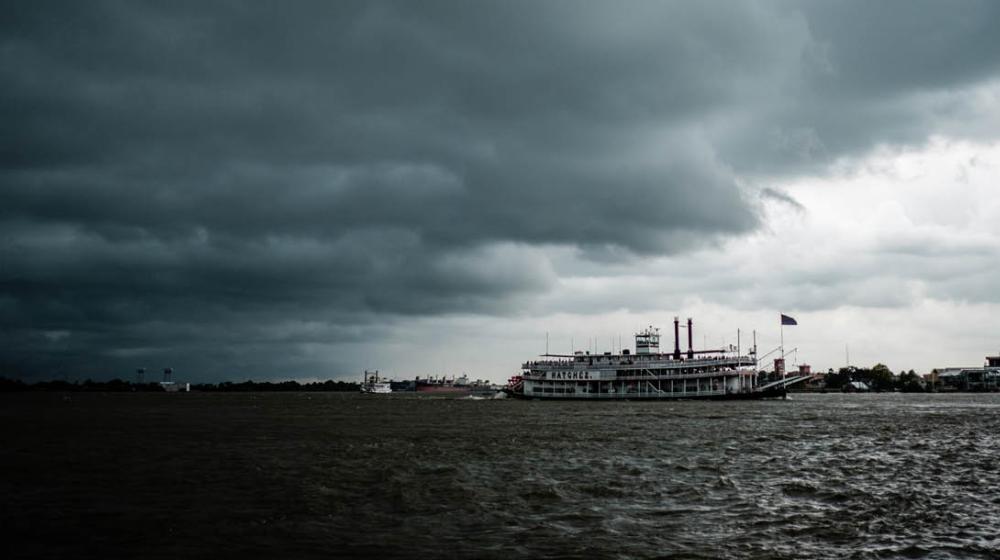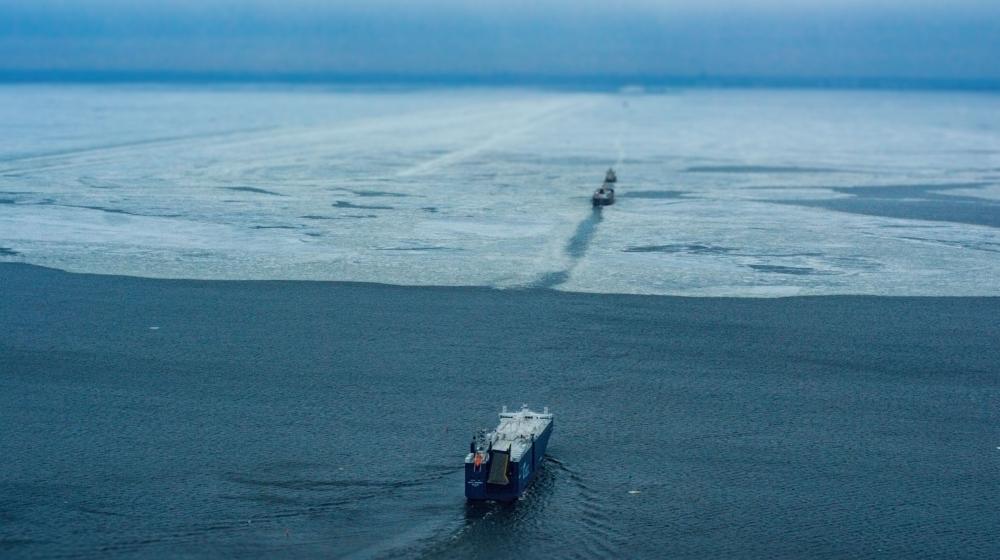The transatlantic relationship has been the cornerstone of the EU’s foreign and security policy. However, in a context where some in the US are looking inwards and questioning the values and institutions their country has built internationally, expectations on Europe have increased. The rise of new global power centres has added a new dimension to transatlantic debates, and both sides of the Atlantic must redefine the relationship to preserve security and prosperity, as well as maintain influence in an emerging international system where the 'West’– may no longer be dominant.
The EU has also cultivated and institutionalised relations with Canada and many countries of Latin America and the Caribbean (LAC). Recent changes in the international context have made the EU a more attractive partner to LAC countries, which are facing economic slowdowns, rising criminality and problems related to the rule of law. However, the increasing contestation of democratic values (which used to bind LAC countries together) has put regional institutions under pressure and strained relations with the EU.
The White House’s announcement that it is pausing pending LNG export permits, citing environmental concerns, has generated concern in some quarters. However fears that this decision will put Europe's energy security at risk are overblown.
After years of neglect, the EU is making a concerted effort to reach out to Latin America and the Caribbean (LAC) and forge stronger links with the region. This Brief examines the common challenges faced by the EU and LAC, the specific needs of each region, and how the two can...
Over the past two decades, China has emerged as a key trading partner for Latin America. This Brief shows how the asymmetric nature of the economic relationship between China and a large number of LAC countries enables Beijing to exert leverage over its partners, as it...
The extraterritorial reach of US unilateral sanctions creates both economic and political difficulties for the EU, impinging upon European strategic autonomy. This Brief examines those challenges and explores steps that could be taken to address the situation.
This implementation of the peace agreement that was signed between the Colombian government and the rebel FARC movement in 2016 faces a variety of challenges. This Brief examines the current state of play and explores how the EU can support the implementation process and...
The third in our series of Briefs on this theme looks at the role of foresight in policymaking in the United States.
The 12 scenarios presented in this Chaillot Paper draw attention to the cost of inaction in a variety of areas, ranging from Russia to Africa, from cyberspace to environmental matters.
The transatlantic partnership is in crisis (again!). This book offers an overarching view of the major factors, trends and areas that are likely to shape transatlantic relations as the 2020s unfold.
The global crisis caused by the Covid-19 outbreak has had particularly disruptive consequences for conflict-affected countries around the world. Armed groups have capitalised on the crisis, while the global distraction caused by the pandemic has made it difficult to seize...
In the three decades after the Cold War, the perception of ‘Arctic exceptionalism’, the sense that the Arctic region is immune from broader geopolitical tensions, prevailed. However, this notion is currently being challenged: climate change is accelerating the opening of new...









